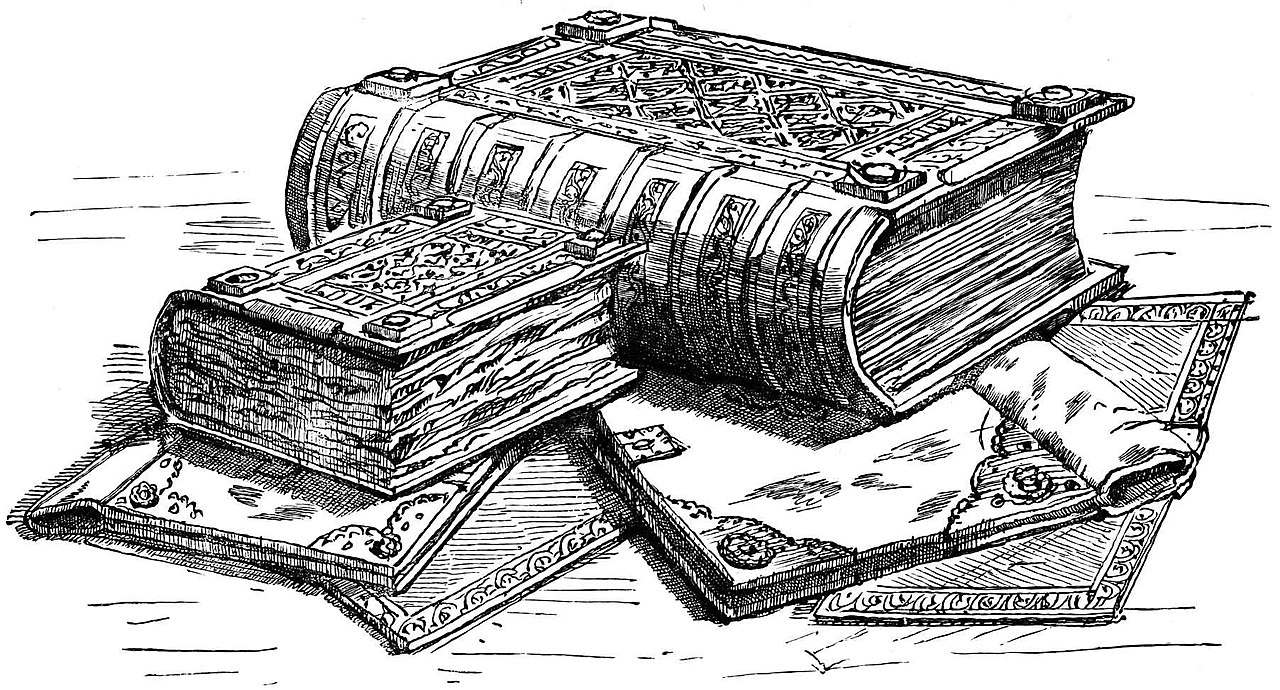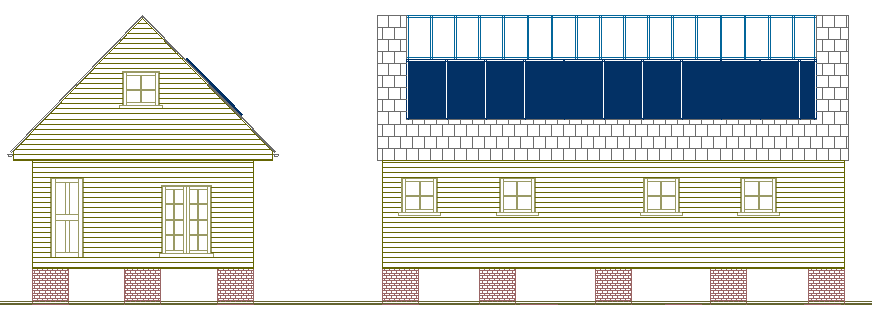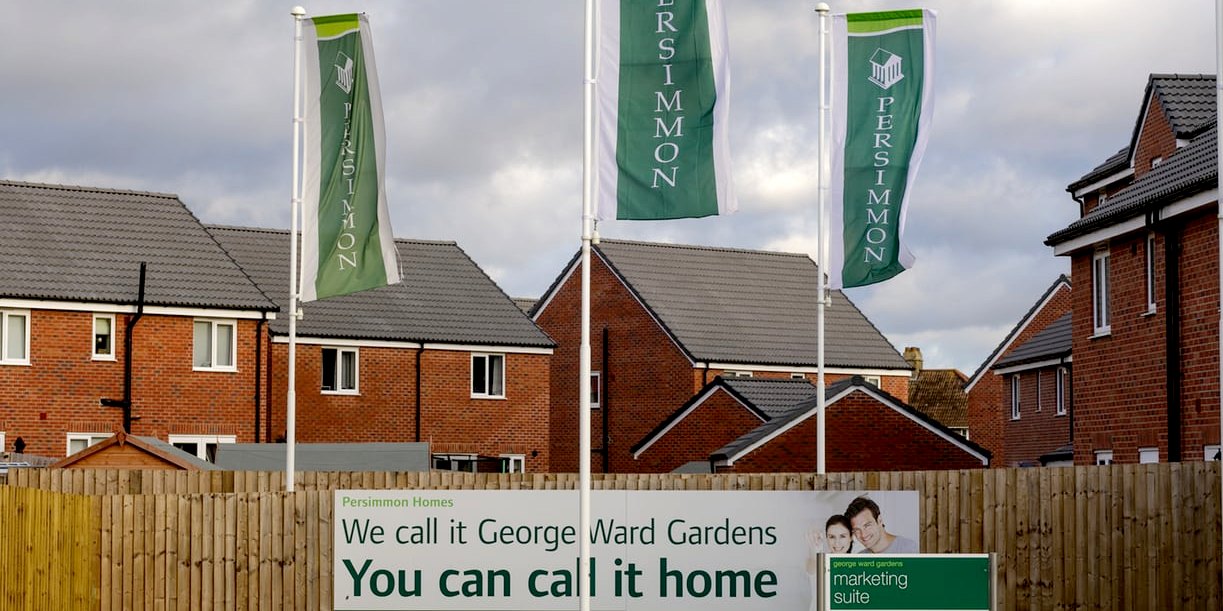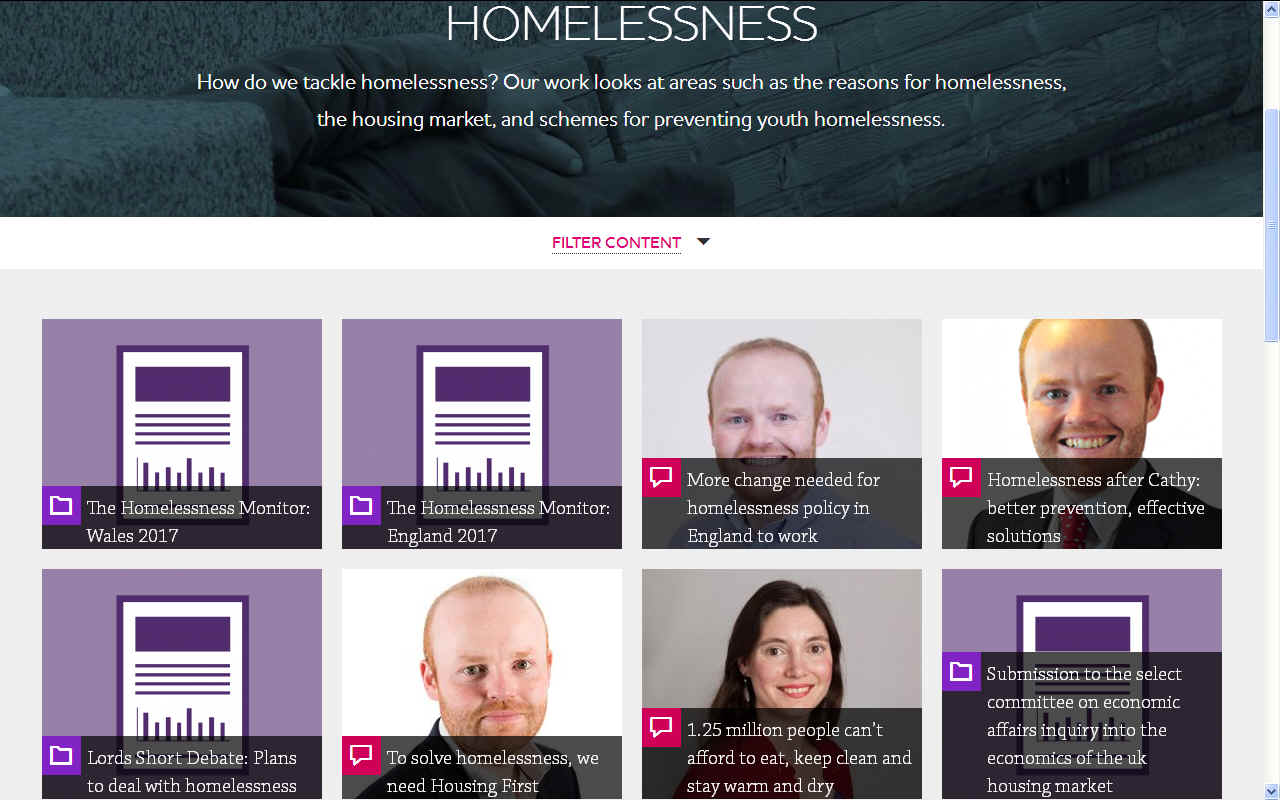Slavery
used to be where a person (slaver) owns another person or persons
(slaves) and profited from their labour. The ownership of slaves was
abolished in law many years ago and was the fuse that ignited the American
Civil War.
The
principle of non-slavery as applied to other walks of life is therefore
very important, such as forcing a situation where homes are too expensive, forcing people to work like slaves to pay the rent or
mortgage.
Financial
Slavery is where the administration of any Government
allows a situation to endure where in-effect one person in
subservient to another by a more modern means, such as a borrowing that
keeps the lender profiting from the labours of the borrower for the
working life of the victim.
This
situation is prevalent where house prices are rising in uncontrolled
fashion, to the point where the home that persons are aspiring to - or
simply need as a roof over their head - absorbs more than is reasonable
in a fair society.
People
in England think they are born into a Free Society, when in reality they
are nothing more the a serf, bound to toil for the King or Queen.
The
notion is that we are a Democracy, but we have no written Constitution.
A genuine democracy has a written constitution.
It
is high time the system was challenged and changed to eliminate the
present serfdom that is the United Kingdom.
The
situation was endorsed and perfected by the Norman King, William
the Conqueror in 1085, with the compilation of the Domesday Book.
This Book was in fact a Great Survey to more effectively milk the
population of most of England. We known what you are probably thinking:
"What a cold hearted bastard he must have been." Indeed, every
person who enslaves another has to be pretty ruthless. Most Kings
and Queens in those days
were great slavers, trading in human misery to keep themselves in power.

DAILY
MAIL 31 JANUARY 2019 - DEATH OF HOME OWNERSHIP DREAM FOR MILLENNIALS
The number of young adults owning a home has plummeted by a third in a decade, official figures reveal today.
Only 38 per cent of 25-to 34-year-olds have stepped on the property ladder now, down from around 55 per cent ten years ago.
The proportion who are private renters has surged from 28 per cent to 44 per cent.
Critics say the collapse in home ownership shows a whole generation of millennials could be giving up on the dream of having a place of their own.
They fear the statistics, revealed in a survey by the Department for Housing, Communities and Local Government, mark the end of the property-owning democracy championed by
Margaret Thatcher in the 1980s.
Robert Colvile, of the Centre for Policy Studies, said: ‘Our failure to build enough
houses – which stretches back decades – means that
house prices have grown and grown.
'In the process, home ownership has become an increasingly distant prospect for an entire generation.
People want, need and deserve homes of their own. The Government needs to strain every sinew to fix the
housing market and revive home ownership.’
The English Housing Survey also reveals that the average first-time buyer was 33 in 2017-18, up from 31 ten years earlier, and 64 per cent of the
population now own a home, compared with 71 per cent in 2003.
Young families stuck in rental accommodation typically pay much more in rent than a mortgage for the same home would cost, making it even harder to save for a deposit.
Those who do venture on to the property ladder are going to increasingly desperate lengths with an unprecedented 56 per cent borrowing more than three times their salary to get on the ladder. Millions are taking out 35-year mortgages to afford the cost.
More than a third of all mortgages are now for longer than 30 years, compared with only 20 per cent in 2007, according to the Financial Conduct Authority.
Around 40 per cent of buyers who took out a mortgage in 2017 will still be paying it off when they are 65.
HOUSING SURVEY
The housing survey showed how people are making their move in England, writes Simon Lambert.
For example, in 2017 to 2018, among owner occupiers there were 70,000 new households created, 208,000 moved into the sector from private renting and 18,000 moved in from social renting, but 98,000 left into the private rental sector and 11,000 into the social rental sector.
Within the 14.8million owner occupiers, 319,000 people moved home - just 2.1 per cent. The statistics also showed on average owner occupiers had lived in their property for 17.8 years, while private renters had lived in their property for 4.1 years.
Paula Higgins, of the Homeowners Alliance campaign group, said: ‘These terrible figures show how many people are in rental accommodation, desperately trying to get on to the housing ladder as it gets further away from them.
‘If you’re lucky enough to have the bank of mum and dad, you’re able to get on to the property ladder, but it’s incredibly difficult to raise money for a property.
'We’re courting disaster. If an entire generation is unable to get on to the property ladder, then what will happen to them and their families in old age?’
The survey also showed more than 300,000 families in social housing are squeezed into too few rooms – the highest rate of overcrowding since records started 24 years ago.
More than 250,000 households are living in overcrowded private rented housing, the second highest level recorded since 1996.
OWNING A HOME MAKES YOU HAPPIER
The English Housing Survey looked at levels of life satisfaction for the different types of housing tenure and, perhaps unsurprisingly, discovered that those who own their home mortgage-free are happiest, writes Simon Lambert.
This was followed by those with a mortgage, while renters of all types slipped below the average life satisfaction level of 7.6, albeit private renters were only just under the bar.
The report noted, however, that there were other factors at play rather than just housing tenure.
It said: 'This finding may lead to the conclusion that the relationship between life satisfaction and tenure is direct. However, there were important differences between the types of household that typically live in each tenure, and these differences may be related to life satisfaction.
'For example, social renters were more likely to be unemployed or ‘other inactive’ (this includes long-term sick or carers) than owner occupiers or private renters.'
The housing survey also showed that the quality of English homes has improved dramatically over the past decade.
Homes judged to be 'non-decent' fell substantially across all the housing tenures, although there was a recent slight rise for owner-occupied properties.

AFFORDABLE HOUSING
The
availability of Affordable Housing
and the right of every citizen in any country to either own or hire a
house at a reasonable price, is an important moral concept that the
United Kingdom is not achieving with the present administration. The
present administration is
based on profits and greed for a privileged few and life long servitude
for the majority of less well off persons, typically young families.

CONSEQUENCES
The strains
of living as a serf of the wealthy few, has health and other
consequences such as a higher crime rate and more violence on the
streets.
The
stress of living hand to mouth of those who are unfortunate enough to
live in the Conservative led slavers, that pervades most constituencies,
is driving some families to suicide, depression and drink or drug
related release.
Apart
from that the morals of such politics is abhorrent. Landlords who take
advantage of such inequalities in the present system and in our opinion,
no better than pimps
running whore houses. Because, the both profit from the sweat of those
they seek to subjugate.
HOMELESS
LINKS
https://www.dailymail.co.uk/news/article-6654805/Number-young-adults-property-ladder-plunges-decade.html
https://www.jrf.org.uk/housing/homelessness





HOME
| A-Z
INDEX | MEMBERS
| MPS
| OFFICERS